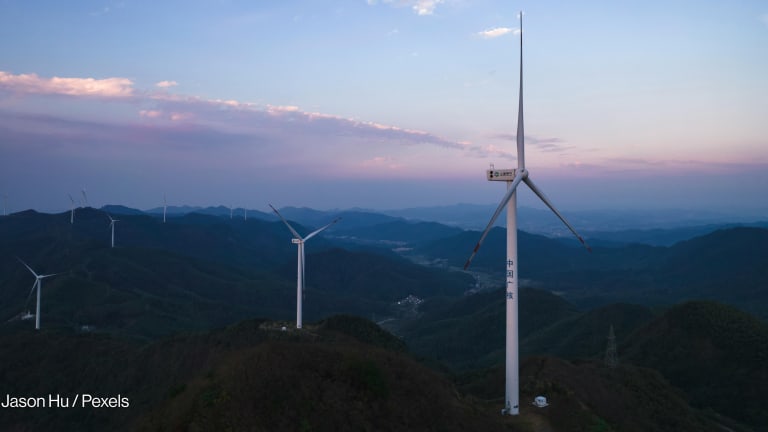Opinion: The global development community should pay attention to NDCs
Later this year, countries are due to submit their plans to limit global warming. Far from being a technical exercise linked to the Paris Agreement on climate change, these plans represent an opportunity to ensure global development achievements are not lost.
As the climate crisis intensifies, the need for urgent, coordinated action has never been clearer. Vulnerable communities worldwide are already experiencing the consequences of inaction. Prolonged droughts, devastating floods, and extreme heat waves across Africa are stark reminders of what’s at stake.
With a midyear U.N. climate meeting taking place next week in Bonn, Germany, and attention building toward the COP30 climate summit in Brazil later this year, countries face a critical deadline: By September, they must submit their new nationally determined contributions, known as NDCs. These are national climate commitments outlining how countries will cut emissions, adapt to climate change, and transition away from fossil fuels. Commitments are expected to set new emission reduction targets extending through to 2035, shaping the world’s climate response for the coming decade.
Search for articles
Most Read
- 1
- 2
- 3
- 4
- 5









